COURTESY: DPWH
The bustling streets of Davao City are on the brink of a major transformation, thanks to an ambitious infrastructure initiative poised to redefine urban connectivity and enhance the daily lives of its residents. The Davao City Bypass Construction Project, featuring the Philippines' longest road mountain tunnel, is a beacon of progress, attracting attention from both local and international stakeholders. Recently, officials from the DPWH and the Embassy of Japan in the Philippines embarked on an insightful inspection of this groundbreaking project, and we're here to give you the inside scoop.
A High-Profile Visit: Bridging Nations Through Infrastructure
The Embassy of Japan in the Philippines, led by Ambassador Kazuya Endo, joined hands with DPWH Senior Undersecretary Emil K. Sadain to inspect the ongoing developments of the Davao City Bypass Construction Project. This high-profile visit highlighted the robust partnership between Japan and the Philippines, a collaboration that has been instrumental in bringing this ambitious project to life.
Ambassador Endo, accompanied by his wife Akiko and key diplomatic figures like Consul-General Yoshihisa Ishikawa, explored the project's intricacies alongside DPWH officials. This alliance underscores the significance of international cooperation in the realm of infrastructure development, as Japan continues to lend its expertise and support through the Japan International Cooperation Agency (JICA). The visit wasn't just about overseeing construction; it was about fostering relationships and building a shared vision for a more connected future.
The Tunnel Vision: Navigating the Heart of the Project
At the core of the Davao City Bypass Construction Project lies the 2.3-kilometer road mountain tunnel, a monumental feat that will soon hold the title of the Philippines' longest tunnel. With excavation efforts for the northbound tunnel over 95% complete and the southbound tunnel more than 85% finished, the project is nearing a significant milestone. The much-anticipated tunnel breakthrough is expected by the second quarter of 2025, marking the culmination of the most challenging phase of tunneling.
This twin tunnel is not just a marvel of engineering; it's a game-changer for traffic safety and efficiency. By cutting through mountainous terrain, the tunnel provides a direct and secure route for motorists, alleviating congestion and reducing travel time. The two separate tubes for northbound and southbound traffic are designed to optimize flow, ensuring a smoother journey for all. As DPWH Senior Undersecretary Sadain emphasized, this tunnel is a pivotal component in transforming Davao City's transportation landscape.
The Bigger Picture: Economic Growth and National Connectivity
The Davao City Bypass Construction Project is more than just a tunnel; it's a cornerstone of the Philippines' "Build, Better, More" program, an integral part of the Philippine Development Plan. This initiative aims to enhance national connectivity, fostering economic growth and boosting transportation efficiency across the archipelago. President Ferdinand R. Marcos Jr. has charged DPWH Secretary Manuel M. Bonoan with prioritizing critical infrastructure projects like this one, which promise to drive economic progress and elevate the quality of life for Filipinos.
Once completed, the project will drastically cut travel time between Toril and Panabo City from 1 hour and 44 minutes to a mere 49 minutes. This reduction in travel time is a boon for productivity, making commutes more manageable and freeing up time for other pursuits. Beyond alleviating traffic, the project is set to stimulate economic activity, opening up new opportunities for trade, tourism, and business. Thousands of jobs will be created, and new economic hubs will emerge, solidifying Davao's position as a key regional growth center in Mindanao.
The Role of International Collaboration: Japan's Impact on Philippine Infrastructure
Japan's involvement through JICA has been a critical factor in the success of the Davao City Bypass Construction Project. The agency's expertise in planning, design, and construction has been instrumental in navigating the complexities of such a massive undertaking. This collaboration is a testament to the power of international partnerships in achieving monumental goals.
The Embassy of Japan's active participation, alongside its diplomatic entourage, highlights the commitment to mutual growth and development. With Japan's continued support, the Philippines is poised to make significant strides in its infrastructure ambitions, paving the way for a more connected and prosperous nation. As the project progresses, the shared vision of enhanced connectivity, economic growth, and improved quality of life comes ever closer to realization.
The Davao City Bypass Construction Project is not just an infrastructure endeavor; it's a symbol of progress, collaboration, and a brighter future. As officials from the DPWH and Japan's Embassy join forces to inspect and steer this project, the promise of a transformed Davao City looms large. With the longest road mountain tunnel soon to be unveiled, the city is set to experience a renaissance, driving growth and prosperity for its residents and beyond.


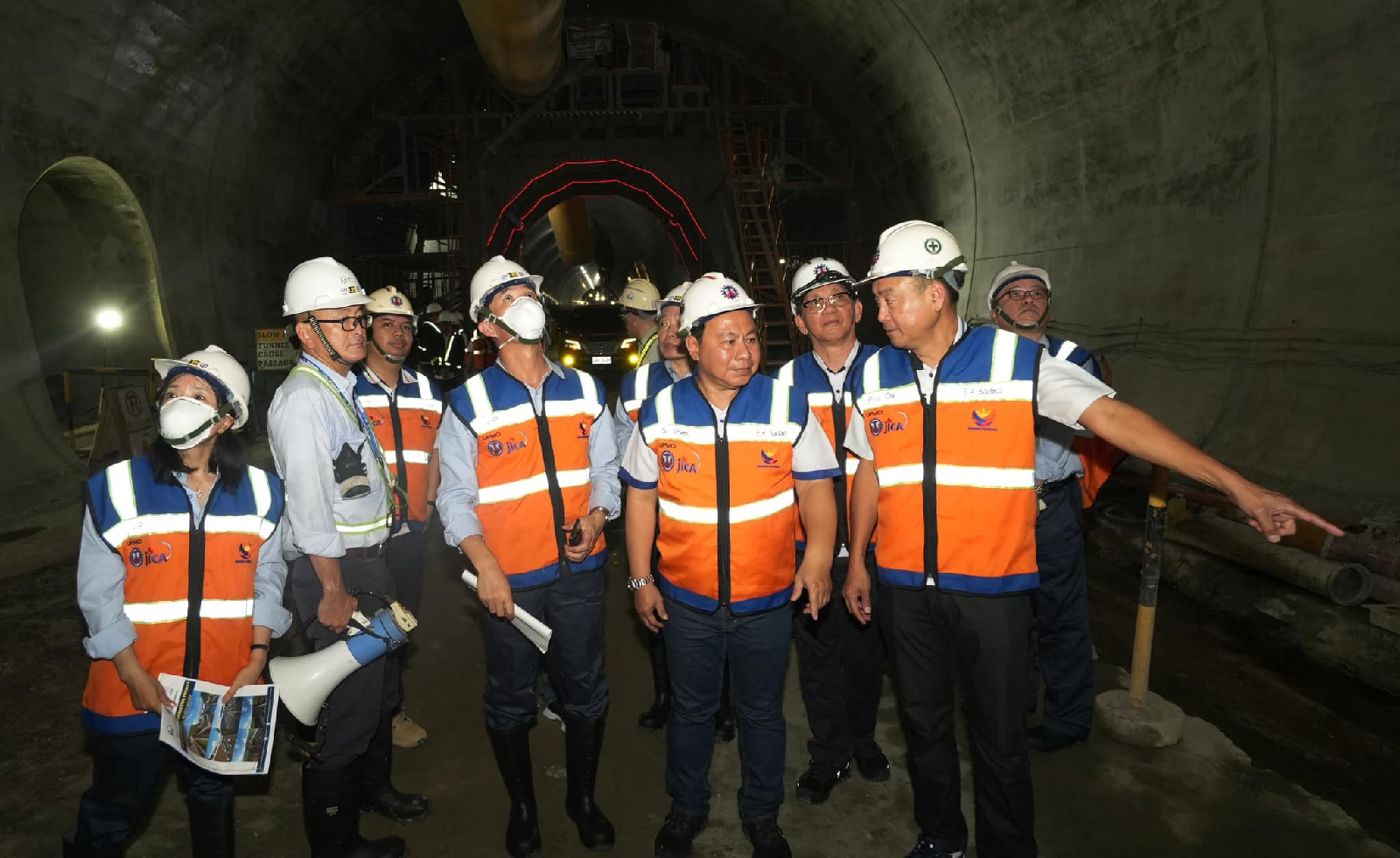

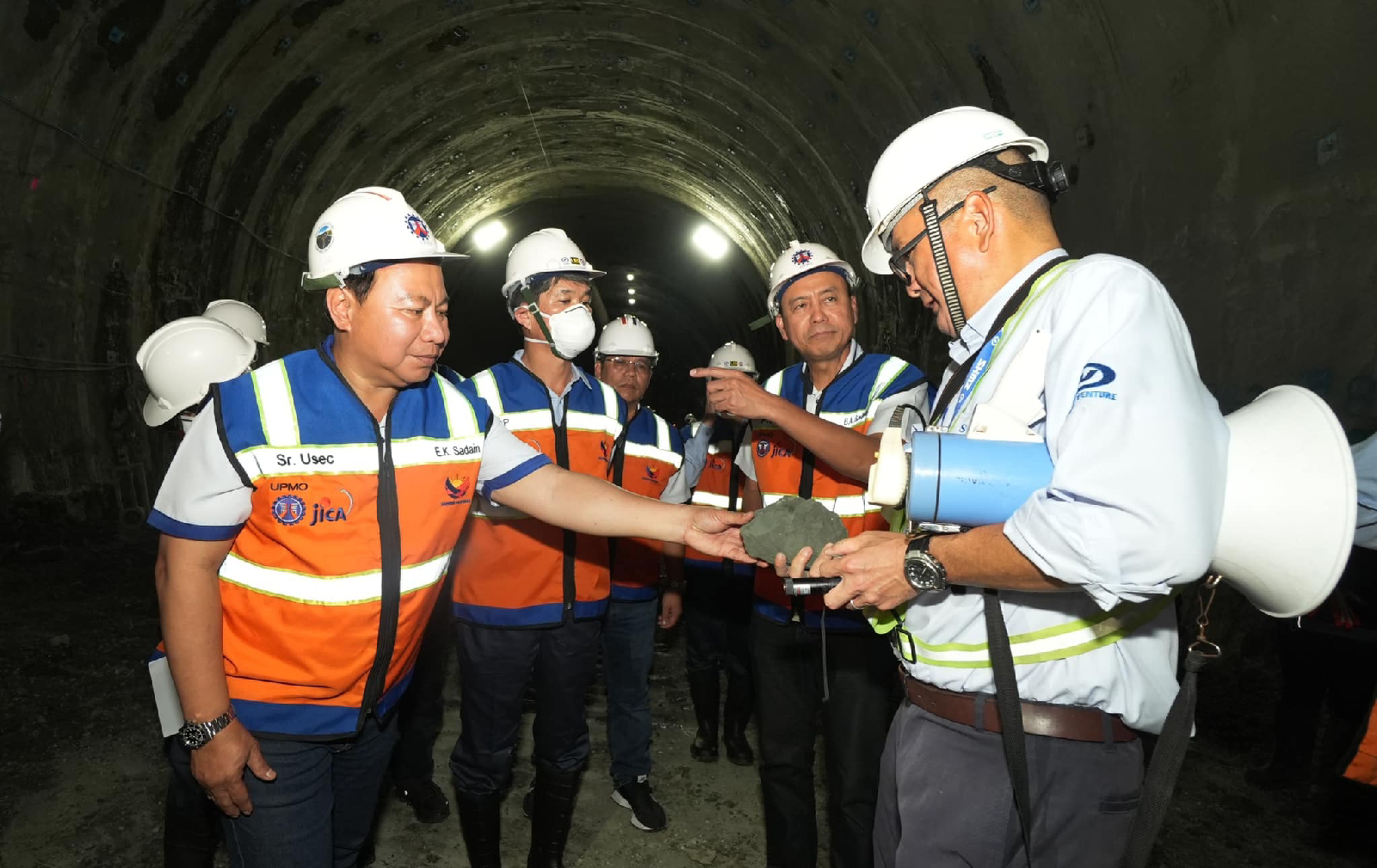

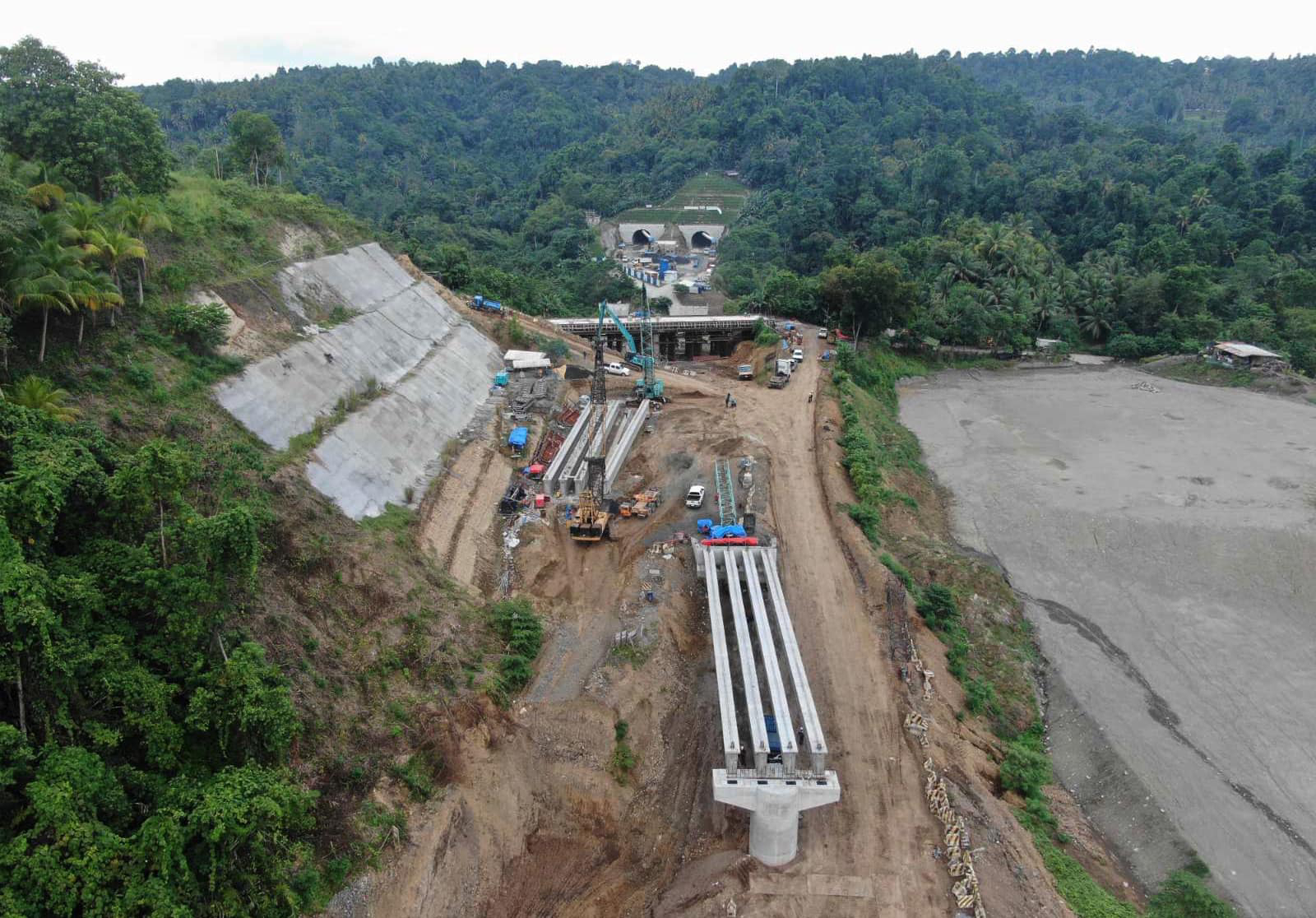
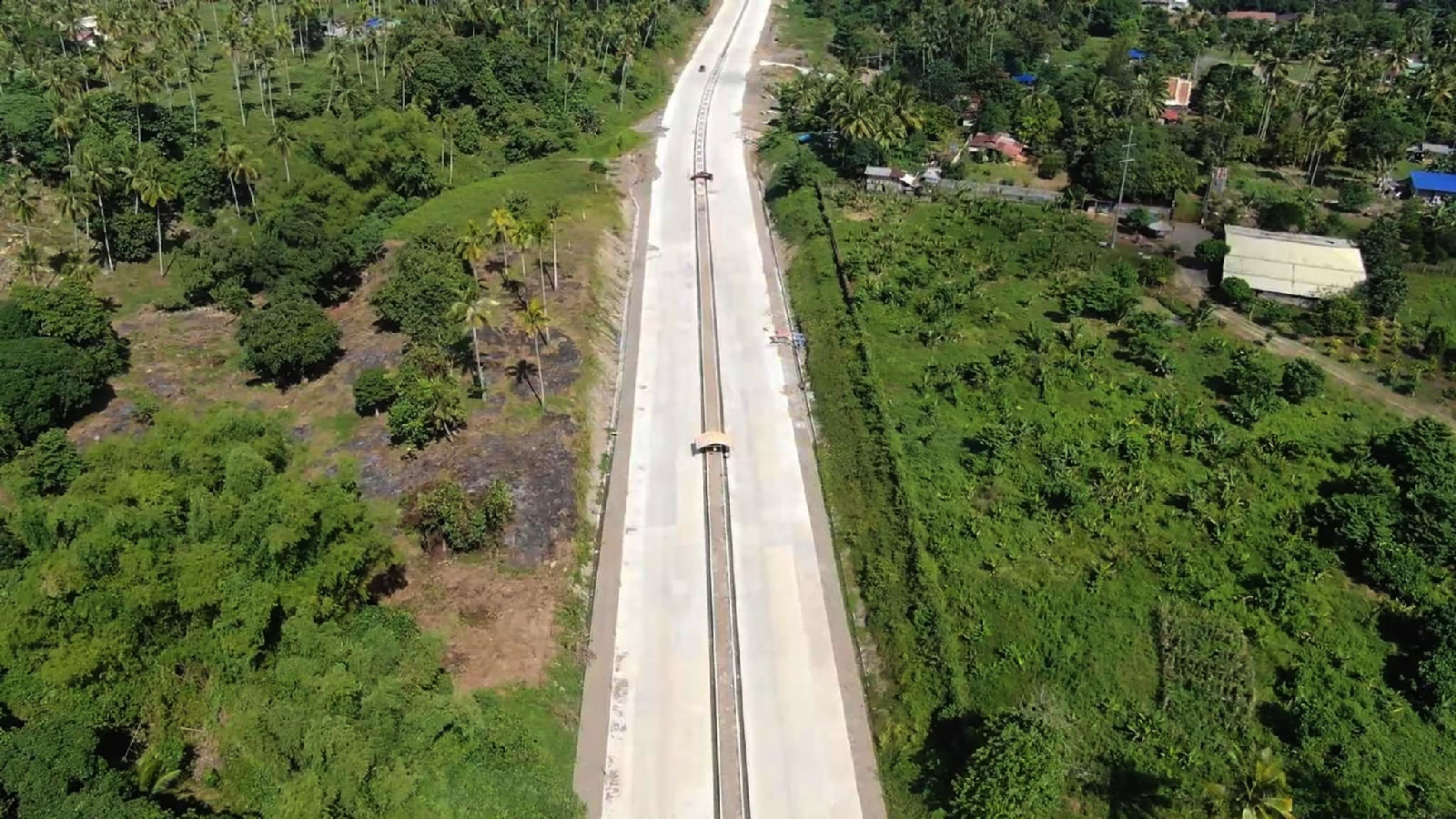

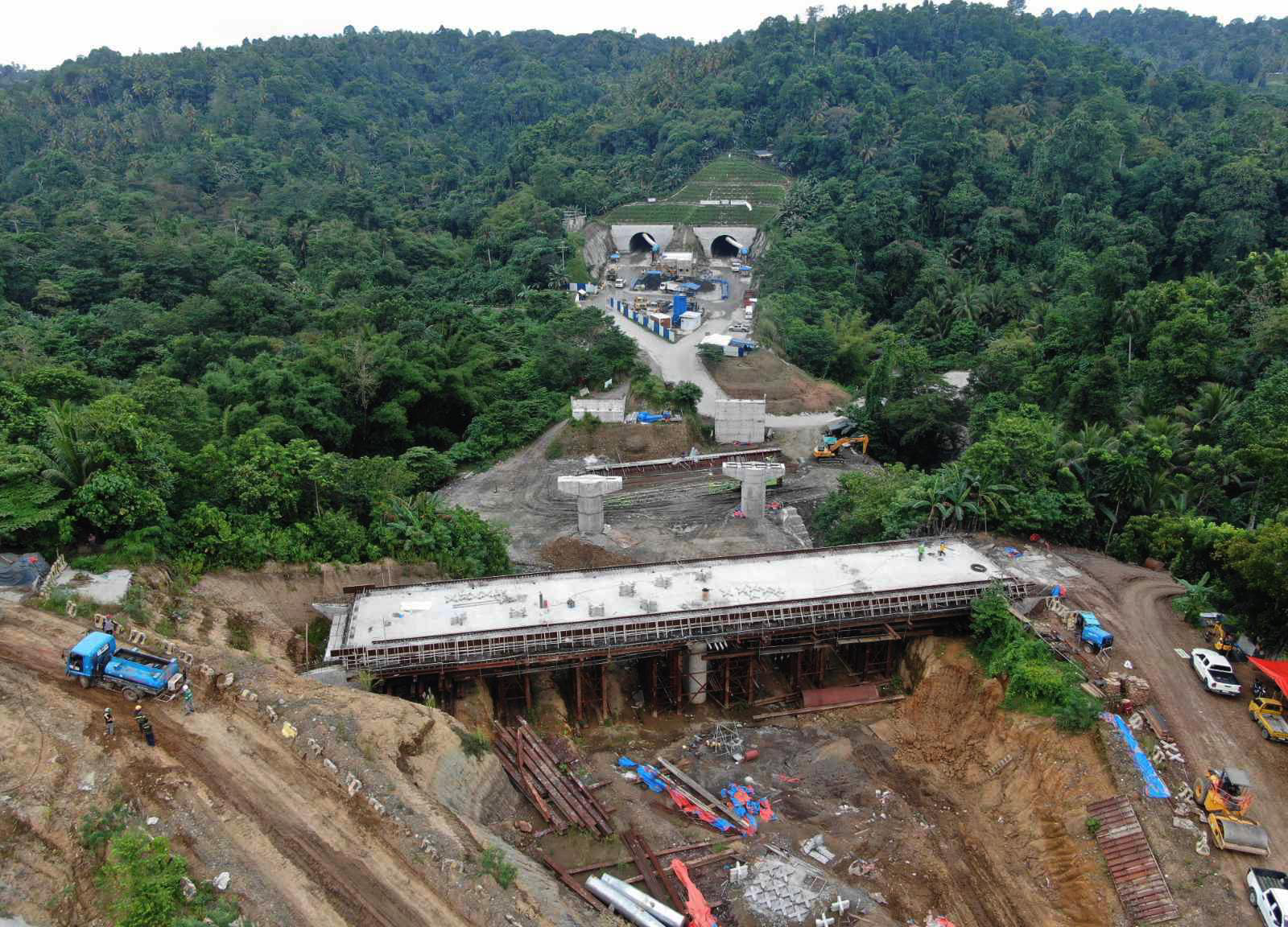



No comments:
Post a Comment